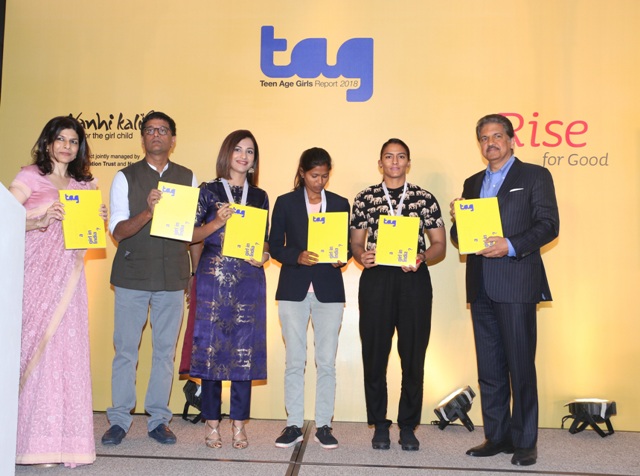Penguin Random House India will celebrate the love for Classics with a month-long festival. The first edition of THE PENGUIN CLASSICS FESTIVAL begins November 1, 2018 and is spread across five cities- Delhi, Mumbai Bangalore, Chennai and Kolkata.
A sensory delight for book lovers and reading enthusiasts, old and young, the festival will offer a range of extraordinary classics by Penguin under one roof. Popular and prominent bookstores across the five cities are coming on board to host the festival.
In Delhi, popular bookstore Full Circle will host The Penguin Classics Festival at their outlets in Khan Market, GK 2 and Nizamuddin. In Mumbai and Bengaluru, independent bookstore Kitab Khana and Blossoms Bookstores (MG Road), respectively, will run the festival. In Kolkata and Chennai, book lovers can be part of the festival at the Starmark Bookstores.
Reiterating the festival tag line ‘there is one for everyone’, The Penguin Classics Festival will showcase a range of books from Penguin Classics, Penguin Modern Classics, Vintage Classics, Everyman Library, Bantam Classics, along with books by Murty Classical Library of India (MCLI). It will also feature Puffin Classics and Vintage Children Classics. Each of the stores will display an impressive and rare selection of classics books, which have never been previously available to the readers, and run special sales promotion offers on the classics selection for the consumers.
Joining us at the festival is Henry Eliot, Creative Editor at Penguin Classics. He is an authority in classic literature who has led many novel initiatives to engage audiences with the genre. Henry will be present in India for a fortnight; during his tour he will be visiting all the cities, stores and promote the love for Classics with workshops and school sessions for readers across different age groups.










